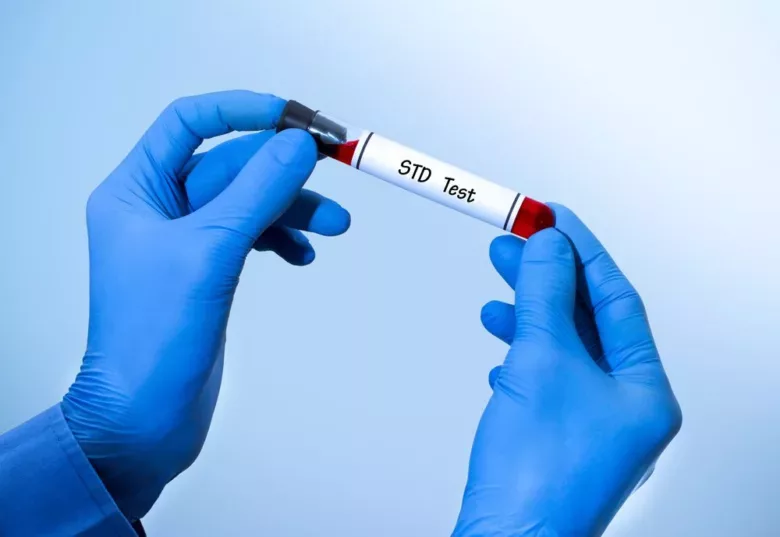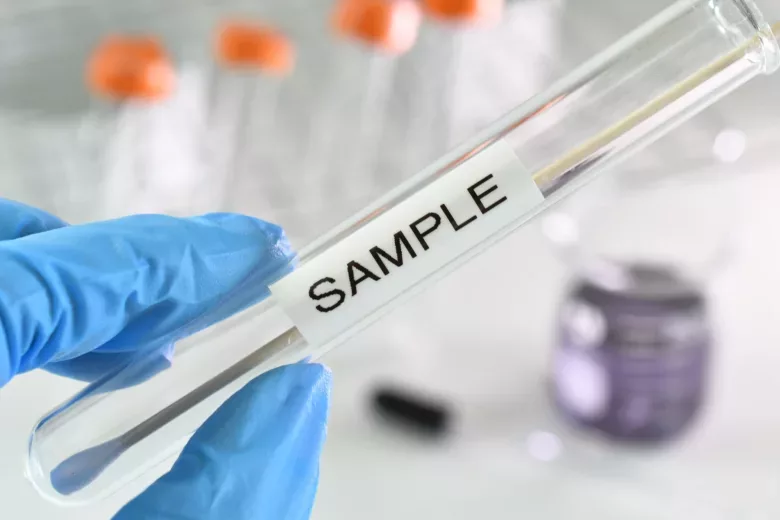Chlamydia, the most commonly reported sexually transmitted infection (STI) in the United States, has been on the rise in Tempe and Scottsdale over the past year. According to the Arizona Department of Health Services, in 2021, there were a total of 4,249 chlamydia cases reported in Maricopa County, where Tempe and Scottsdale are located. This represents an increase of 6.2% from the previous year. The rate of chlamydia in Maricopa County is higher than both the state and national rates.
Similarly, gonorrhea rates have been steadily increasing in Tempe and Scottsdale. In 2021, there were a total of 1,056 reported cases of gonorrhea in Maricopa County. This represents an increase of 15.2% from the previous year. The rate of gonorrhea in Maricopa County is also higher than both the state and national rates.
Syphilis cases rise in Tempe and Scottsdale
Syphilis cases have also been on the rise in Tempe and Scottsdale. In 2021, there were a total of 217 reported cases of syphilis in Maricopa County. This represents a staggering 67.7% increase from the previous year. The rate of syphilis in Maricopa County is higher than both the state and national rates.
The rise in the prevalence of these STIs can be attributed to a variety of factors. One major factor is the lack of awareness about safe sex practices, including the use of condoms and regular testing. This is especially true among young adults, who are disproportionately affected by these STIs.
Another factor is the stigma surrounding STIs, which can make people hesitant to seek testing and treatment. This can lead to the spread of these infections, as people may not realize they have an STI and continue to have unprotected sex.
To combat the rise of STIs in Tempe and Scottsdale:
It is important for individuals to prioritize safe sex practices and regular testing. This includes using condoms during sexual activity and getting tested for STIs at least once a year. It is also important for healthcare providers to educate patients about safe sex practices and provide easy access to testing and treatment.
Overall, the rise in the prevalence of chlamydia, gonorrhea, and syphilis in Tempe and Scottsdale highlights the need for increased awareness and prevention efforts surrounding STIs. By prioritizing safe sex practices and regular STD testing, we can work towards decreasing the spread of these infections and promoting overall sexual health.


